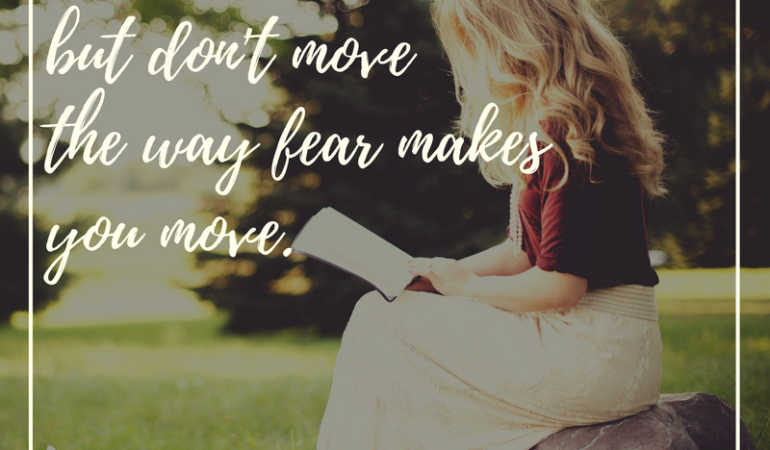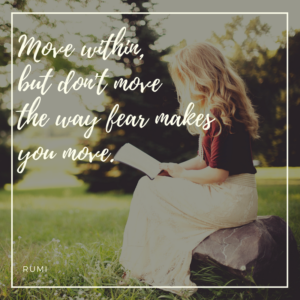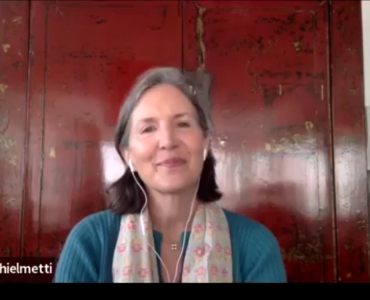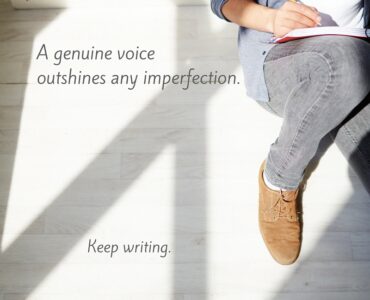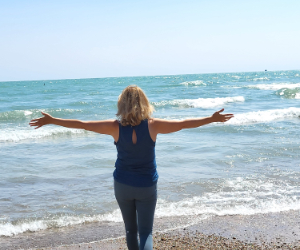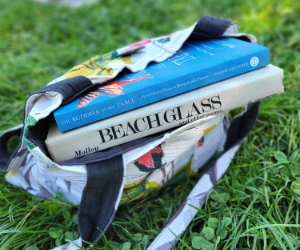I was making dinner and had just called my kids to come eat. My younger son Boone was sitting by the baseboard radiator playing on his phone. He jumped up and took a few steps toward the kitchen counter. Suddenly he fell back, stiff as a falling tree, in a faint, bumping against a table before landing flat on his back. I was terrified, and so were his brother and sister. I’d never seen anyone faint before, and in the few seconds it took him to revive, I imagined a hundred worst-case scenarios.
“Call 911!” I told my older son, even though Boone was already saying he was fine. The paramedics arrived, checked him out, and agreed. I explained that Boone has always had a different barometer for registering heat and often isn’t bothered by temperatures we would find scorching. It was determined that sitting by the radiator, followed by jumping to his feet, caused him to pass out.
Crisis over, you would expect a collective sigh of relief and a return to our untouched, now cold, dinner. Instead it was as if, while the paramedics were walking out, fear and its henchmen slipped in through the open door—hulking black shapes called What if, Disaster, Catastrophe, Loss, Grief, and Uncertainty.
Boone was fine but the rest of us were shaky and weepy the rest of the night. His losing consciousness woke us to the truth that we are so often, so easily, empty and frightened.
As I sat with these faces of fear crowding around me, stubbornly refusing to leave, I decided to get to know them. I noticed that, at first, I didn’t want to keep thinking about what had just happened. It made me feel nauseated and short of breath, so I blotted out the thoughts by repeating prayers and affirmations. But later, lying in bed trying to sleep, it felt necessary to go over it again and again. I tried to slow the movie down and relive each second. When exactly did I know something was wrong? How hard did he hit the table? How long was he out?
I felt certain that if I could capture every detail in my memory, I could keep it from happening again.
That’s fear’s greatest power. It wants me to believe that if I carry it around I’ll be stronger, safer, more prepared. It masquerades as a kind of power pack when it’s more like an annoying kid riding me piggyback until I’m exhausted.
That’s not to say that it should or could be banished. Like a real kid, fear is necessary for the continuation of the species. Its main function is to signal danger and trigger appropriate adaptive responses that will protect us.
But what I experienced this week was the overzealous nature of that “protection.” Even when I knew everything was fine, I continued to imagine a lot of scary things that weren’t actually happening. Marcus Aurelius said “If you are distressed by anything external, the pain is not due to the thing itself, but to your estimate of it.”
Why is this a problem? Because, like Rumi said, when I move the way fear makes me move, I stop walking. I overlook beauty. I miss chances to kneel and kiss the ground.
I indulge fear, thinking that it makes me safer, when I should be taking a firmer hand with it. What I need to do is say, thank you, but I don’t need you right now. All is well.
Then firmly shut the door in its face.
